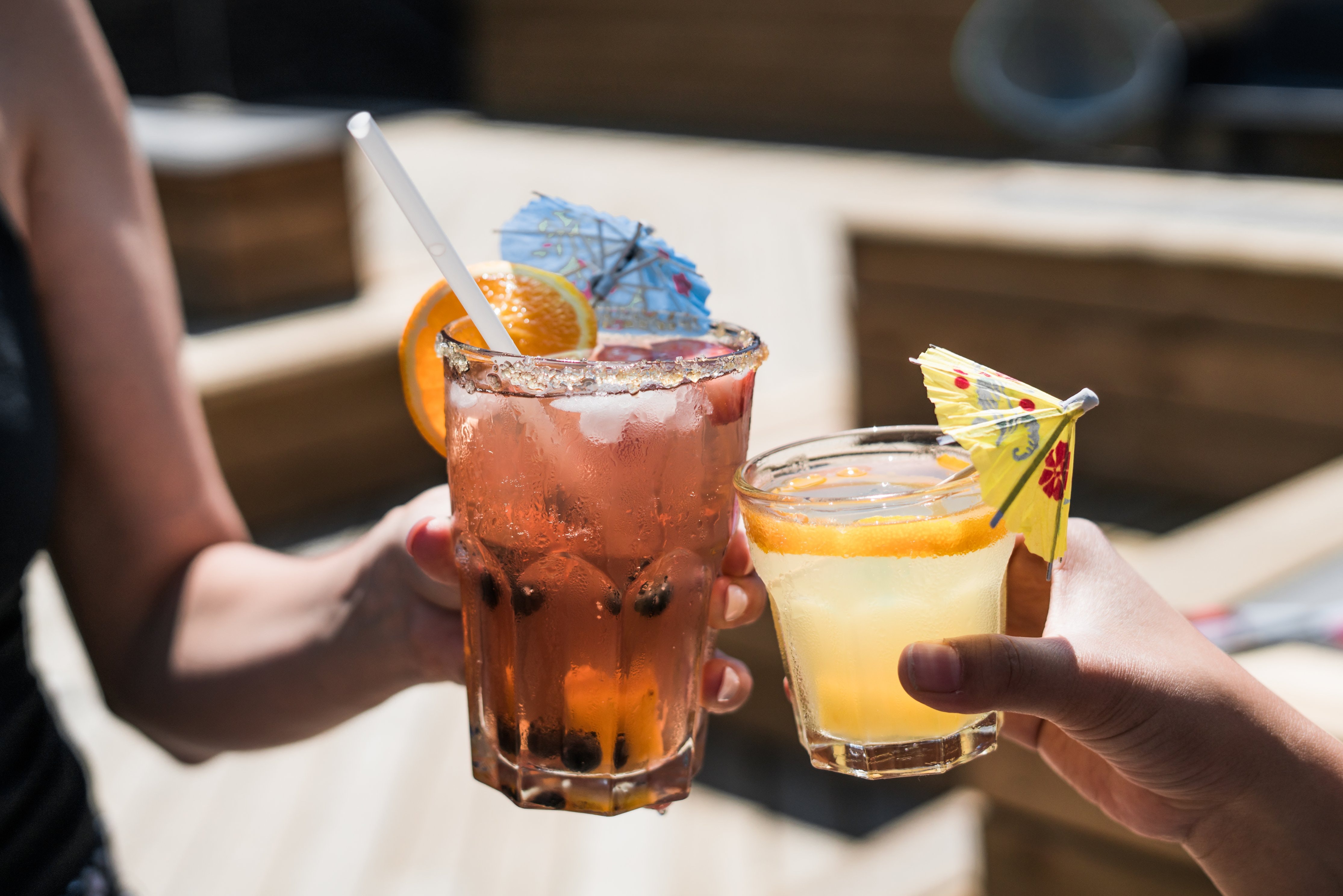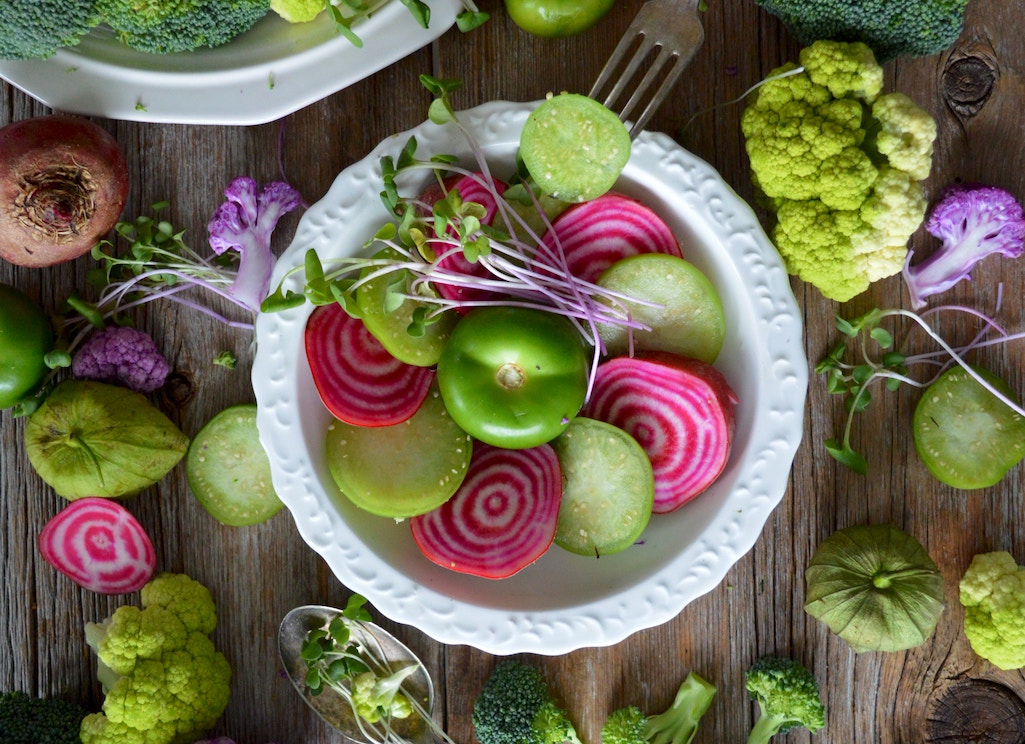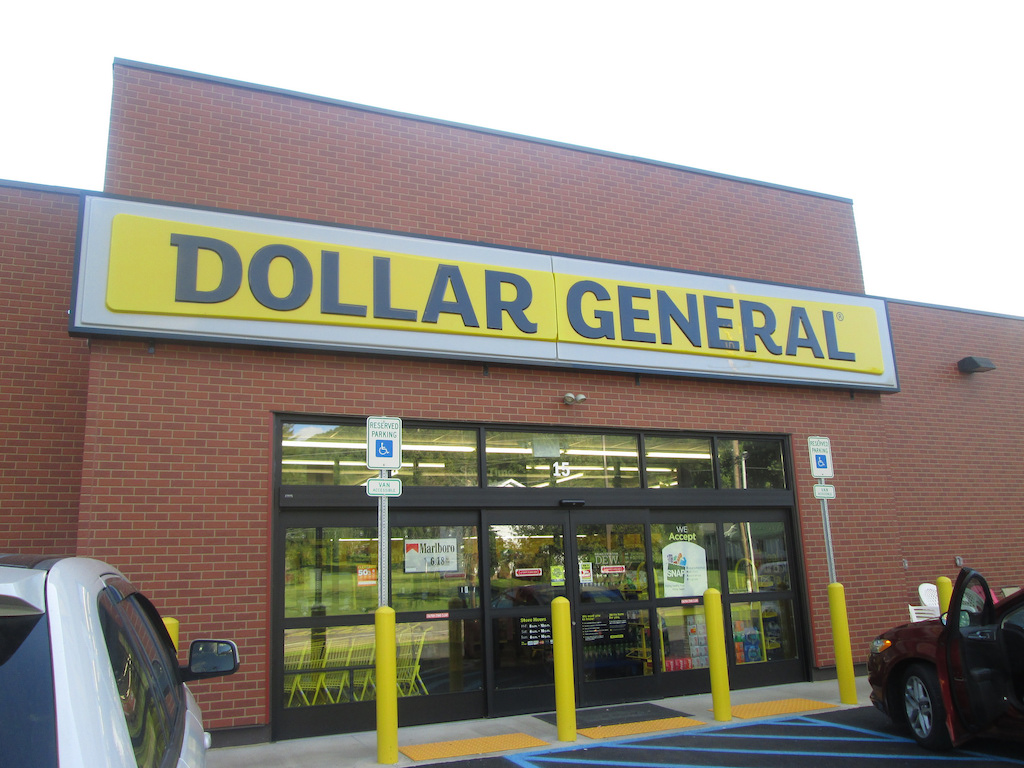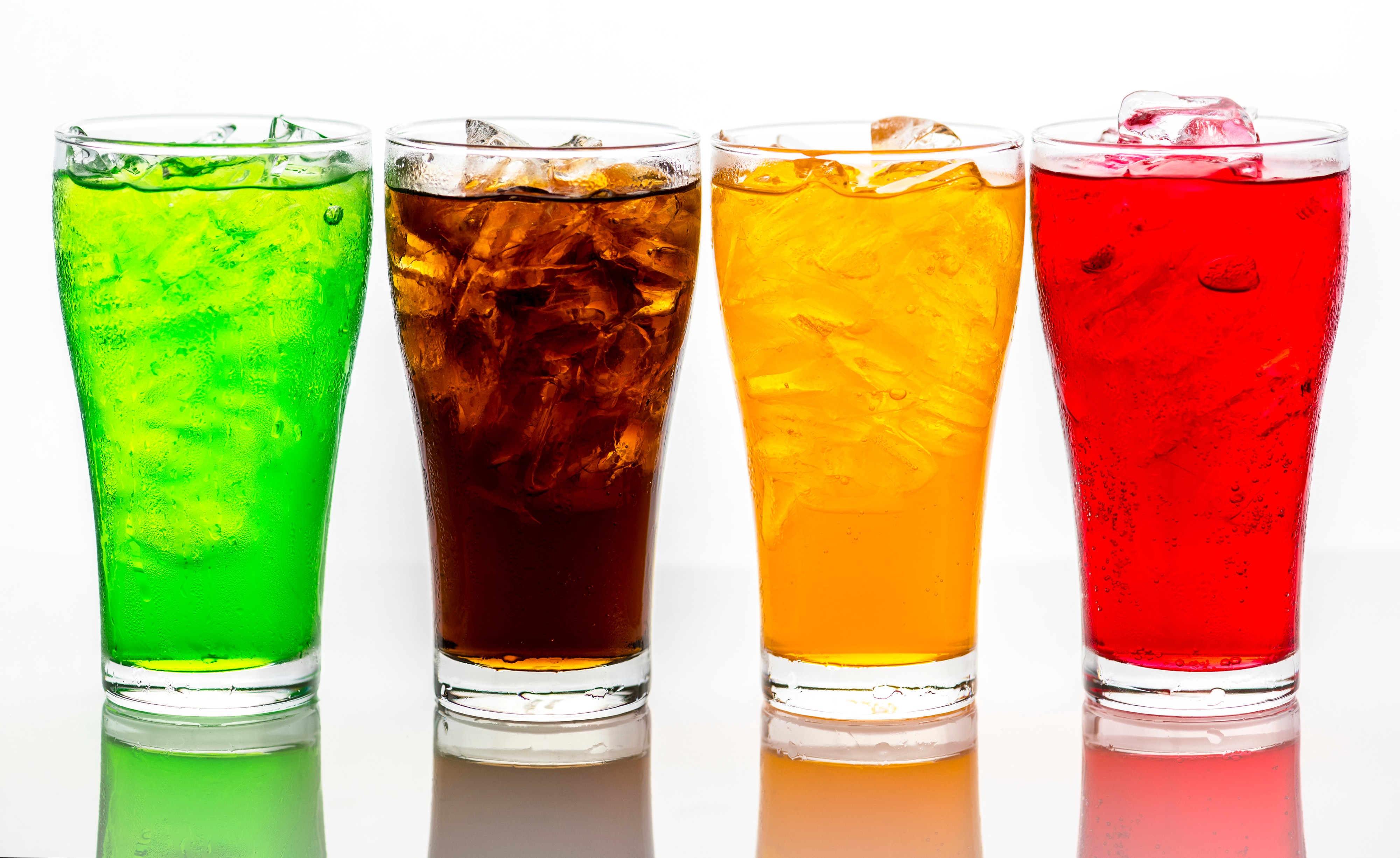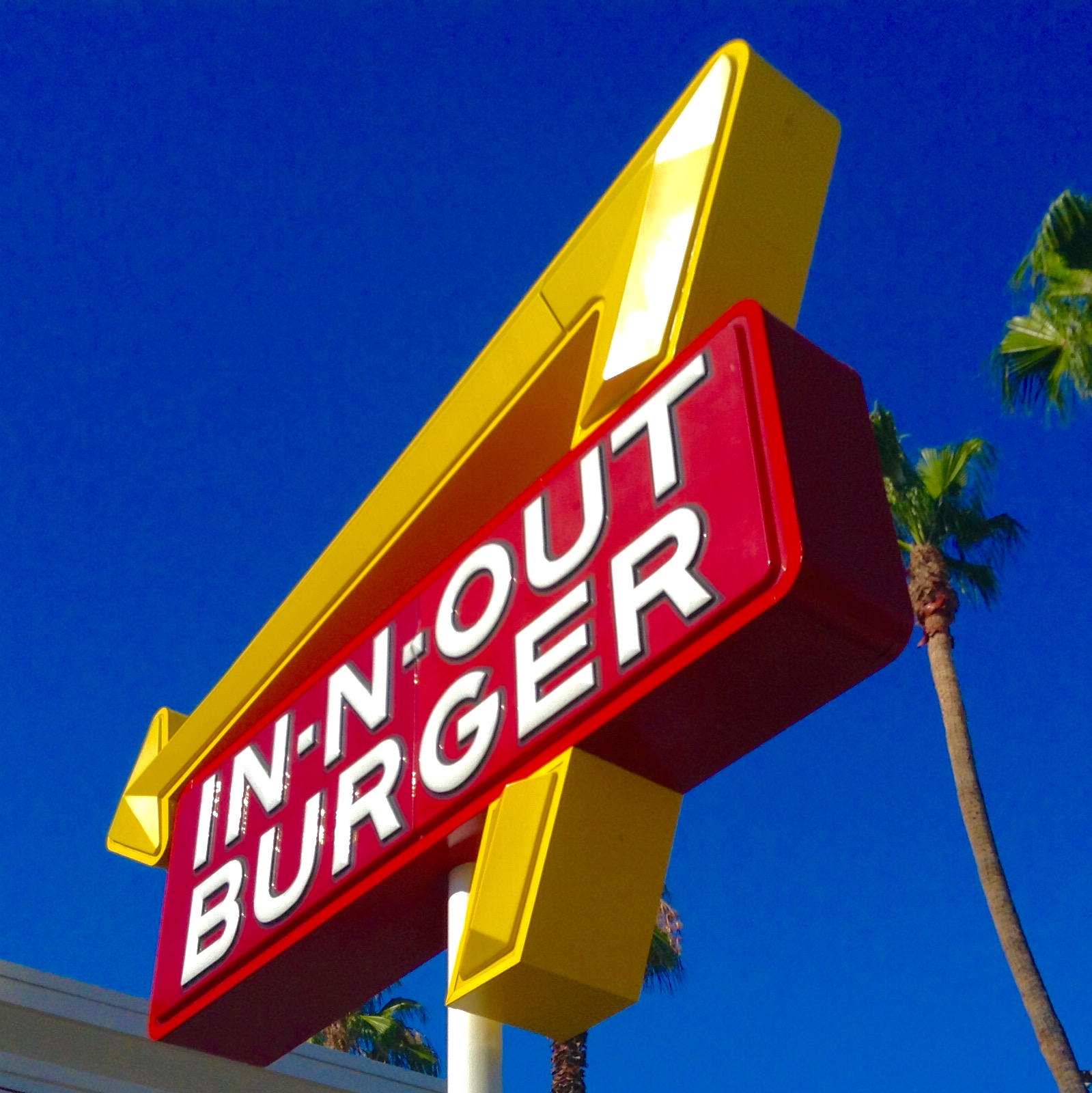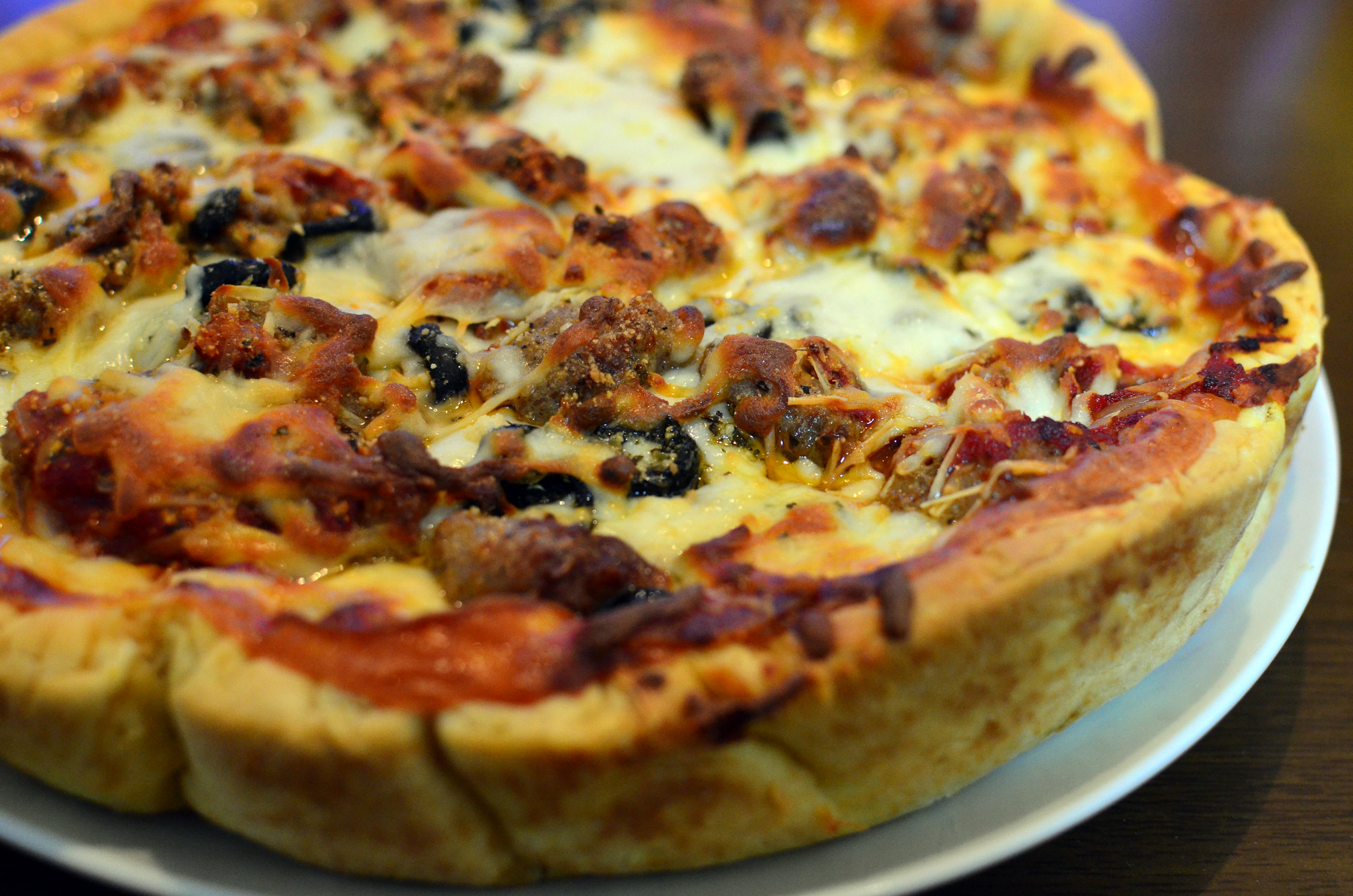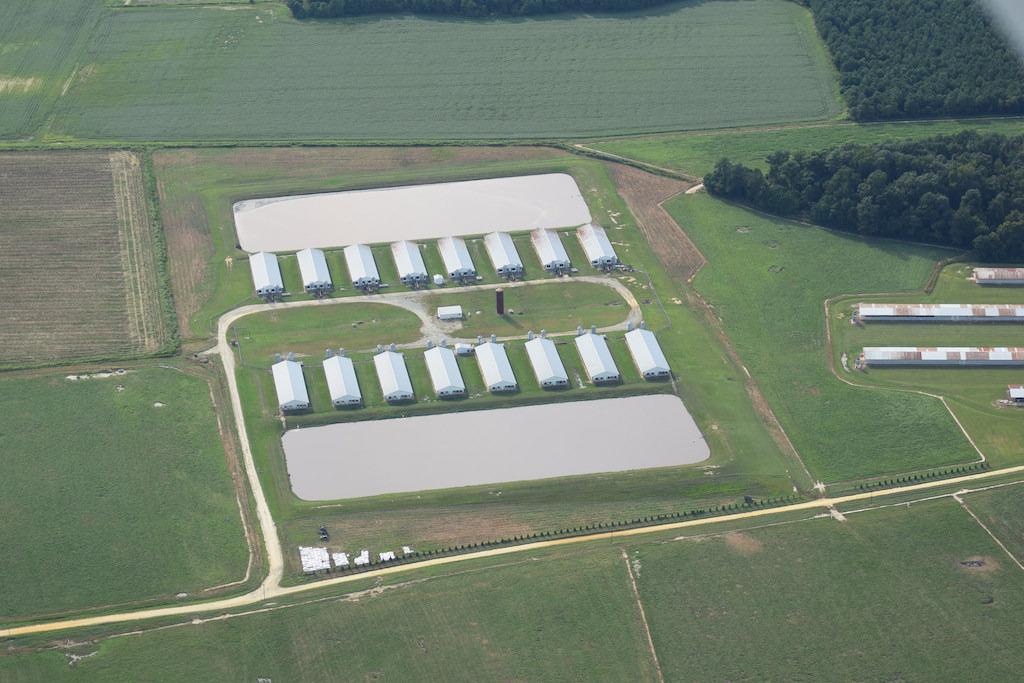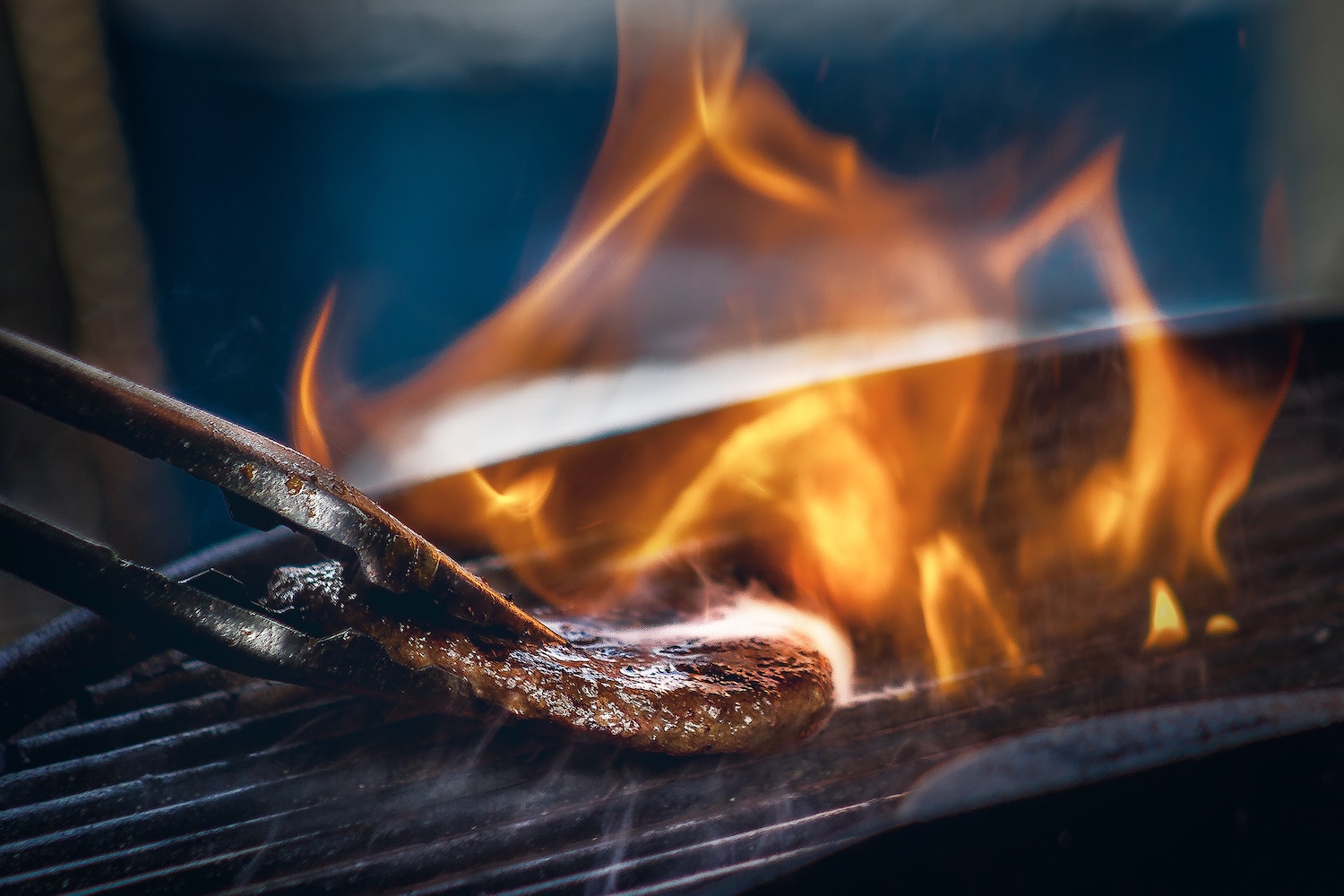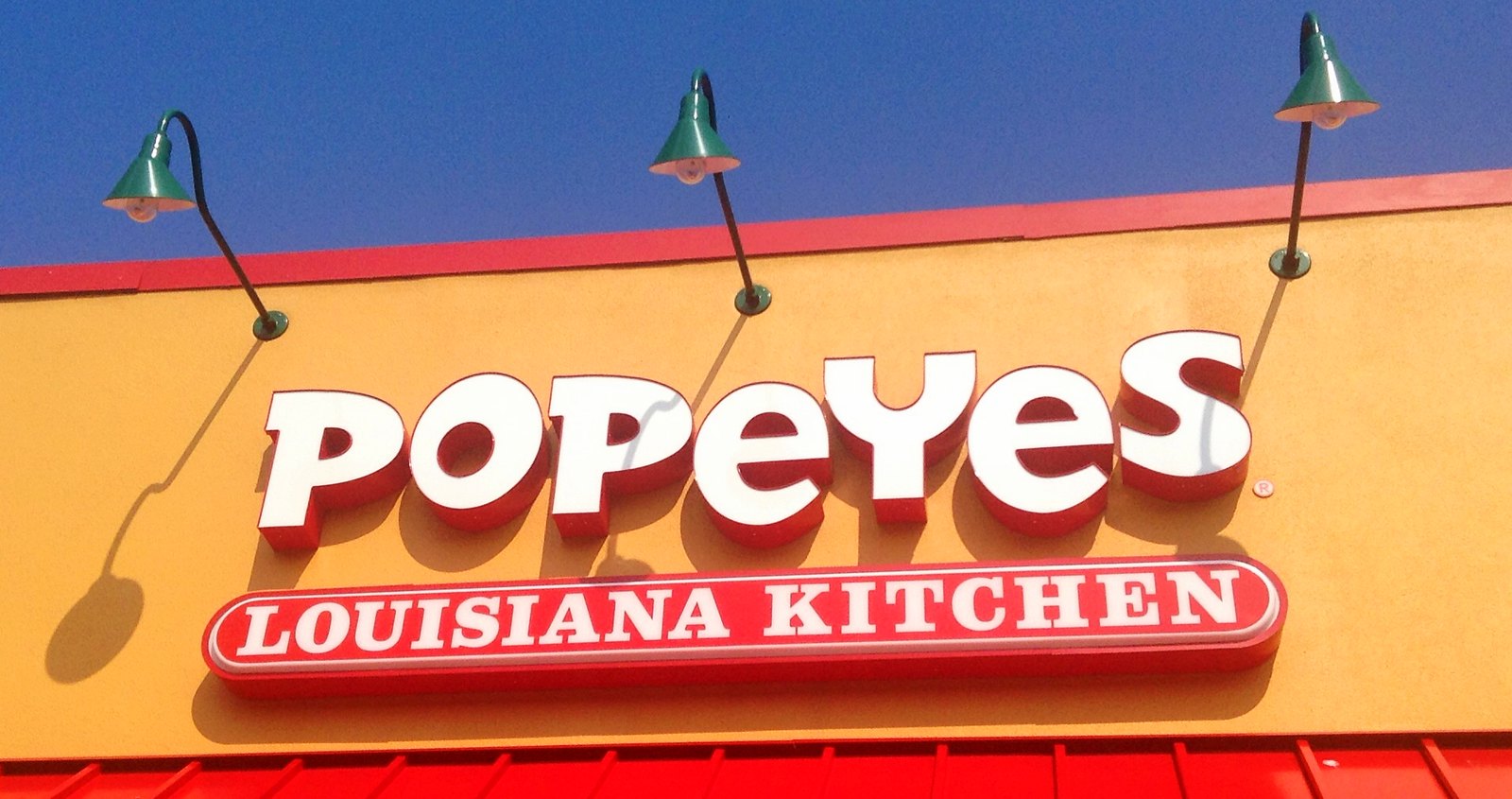This is the web version of a list we publish twice-weekly in our newsletter. It comprises the most noteworthy food stories of the moment, selected by our editors. Get it first here.
“Shaken, not slurred.” There’s a new way to signal virtue on the internet, and it involves drinking less. That’s what The New York Times reports in its profile on a group of people it’s calling the “New Abstainers,” a crowd that isn’t necessarily completely sober but that also won’t say no to a $15 mocktail. They’re the “sober curious,” and a slew of businesses have cropped up to cater to them: Craft mocktail bars, sober yoga retreats, early-morning raves. Did people cut back on alcohol before the internet made it a thing? Sure. Does the term “mindful drinking” make the whole thing sound a lot more appealing? For some, apparently, yes.
Waste Not. When an ultramarathoner competing in the 2018 Yukon Arctic Ultra surrendered his pursuit at mile 50 of the 300-mile race, he also surrendered three toes to frostbite. What to do with three toes you can’t use anymore, you’re surely wondering? First, pour a shot of whiskey. Second, drop one in. According to The Washington Post, the recipe for a Sourtoe Cocktail, conjured up by the bar at the Dawson Hotel in Dawson City, Yukon, requires a mummified, blackened human toe. More than 100,000 people have become members of the Sourtoe Cocktail Club (bona fide: you touched the toe with your lips). But with only two toes currently in stock, both of which were willed to the bar from anonymous deceased people, it’s easy to imagine why the staff was “…really glad to get this toe” from the ultramarathoner, who donated his.
Put it on my browser tab. Americans now spend more money at online retailers than in bars and restaurants, Bloomberg reports. A category classified as “nonstore spending” by the U.S. Census Bureau grew much faster between May 2018 and May 2019 than any other category, totaling $62 billion in the past year. Online purchases are on track to surpass spending at grocery stores soon, too. Food is dead!
The dry line. There’s an argument to be made that farmers in Midwestern states—the people on the frontlines of the droughts and floods that have come to define this era of extreme weather—talk more about climate change than anyone else. They just don’t say those two words, Harvest Public Media reports.
